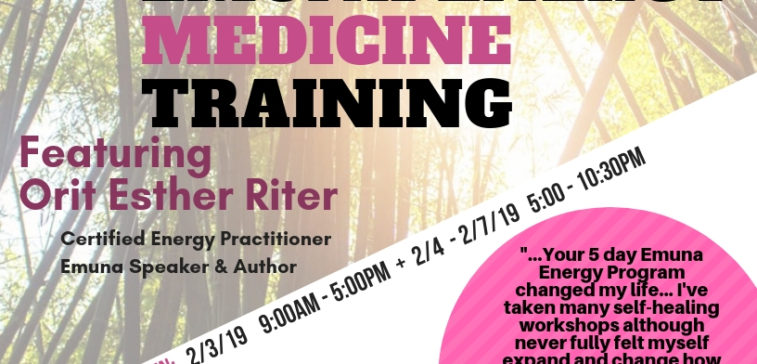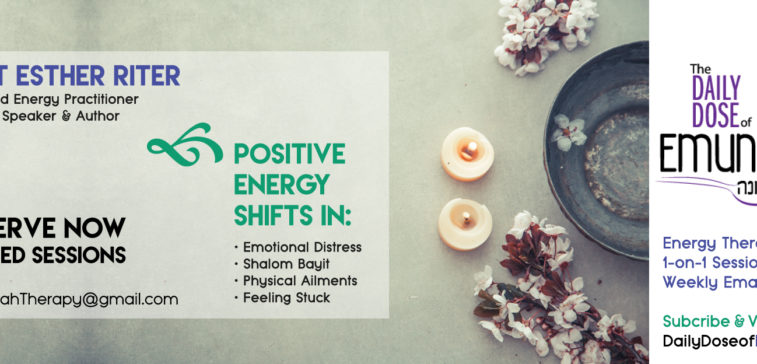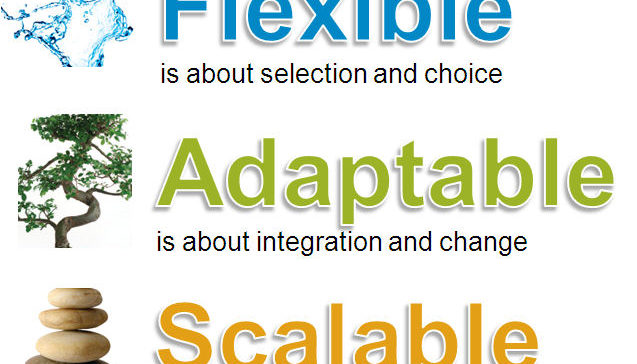BS’D
Think about it – G-d is watching, caring, protecting, safeguarding and waiting to hear from you at every moment. Rav Tzaddok HaCohen of Lublin ztk’l teaches that a fundamental part of having emuna in G-d is the belief that He is looking out for our ultimate best. It might come out in the form of tough love, but “tough love is also love.”
It is all in the attitude. As we infuse our mind and heart with the understanding that our Creator loves us to no limit, we equip ourselves with the necessary tools to accept all challenges as being for our best. Difficulties should be seen as ‘repairing kits’ that shift our mode of thinking; not as measures to cause us anguish. From here we learn the importance of a positive approach; it is all good, a blessing in disguise.
Feel and heal exercise of the day:
Think about a time when you needed to say ‘no’ in order for the other to experience a ‘yes’ in their life (a better outcome would come by telling them ‘no’). That is the meaning of tough love, for a better result to arise in its place.











